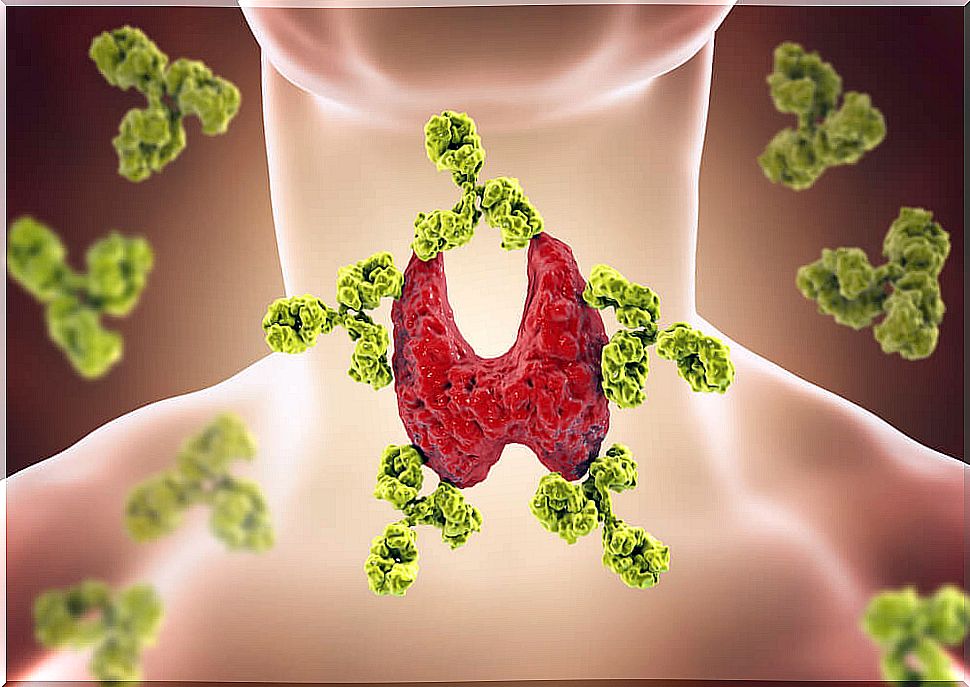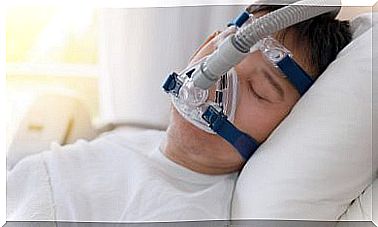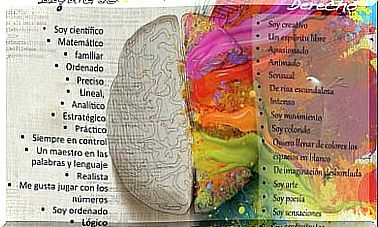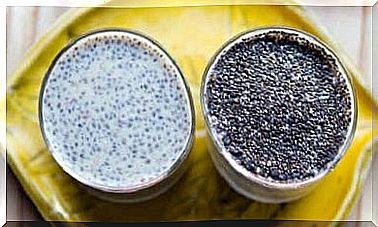Hypothyroidism: Causes, Symptoms, Diagnosis And Treatment
Hypothyroidism is a fairly common disease that with proper treatment does not have to influence the quality of life of the patient.

Hypothyroidism is an increasingly common disease that affects the thyroid gland. Its symptoms include ease of gaining weight, fatigue or constipation. Therefore, it is important to detect it in time to slow its progress and improve the quality of life.
Discover in this article what this pathology consists of, what are its causes, symptoms and diagnosis. We will also see its conventional treatment and natural remedies.
The thyroid gland and hypothyroidism
To begin with, the thyroid gland is located in the front of the neck. It is shaped like two wings and reaches a size in adults of 4 to 6 centimeters.
Its function is to produce the thyroid hormones T4 and T3. These hormones circulate through the veins and arteries with the mission of controlling and regulating metabolism in the body. For example, the correct development of the fetus, the cardiovascular system and the way in which each cell uses body energy.

Hypothyroidism is a dysfunction of the thyroid gland. It is a decrease in activity in the functions performed by this gland. Additionally, this disorder affects other issues as important as heart rate, muscles or appetite.
In people with hypothyroidism, it is necessary to completely change daily habits, so that they are healthier. It is also essential to do so to prevent a decline in mood or depression.
With good advice and the right medication, the disease can be controlled and a better quality of life can be achieved. We detail them in this article.
Causes and conditions
The most common cause of hypothyroidism is inflammation of the thyroid gland. Factors that increase the risk of hypothyroidism include the following:
- Be over 50 years old.
- Diet with a lack of iodine.
- Family background.
- Autoimmune diseases.
- Pollution and exposure to toxic substances.
- Having been exposed to radiation treatment to the neck area.
One particular type of hypothyroidism is Hashimoto’s disease or thyroiditis. In this pathology, the immune system, which is in charge of protecting the body, produces antibodies that attack the thyroid gland, inflame it and generate hypothyroidism.
Symptoms
The symptoms of this disease depend on the severity of the hormonal deficiency. The evolution is usually gradual and it can take years for a hypothyroidism to appear completely.
It should be noted that in its origin it can go unnoticed or be confused with symptoms of aging, such as fatigue or weight gain. However, the most common symptoms of hypothyroidism are the following:
- Dry Skin.
- Hoarseness.
- Depression.
- Tiredness.
- Constipation.
- Hair loss.
- Facial swelling
- Cardiac decline.
- Difficulty losing weight.
- Memory impairment
- Weakness in the muscles
- Joint pain
- Enlargement of the thyroid gland (goiter).
- Irregularity in menstrual periods.
Diagnosis
Symptoms and family history of the patient are always taken into account. However, the test to diagnose the state of the thyroid gland is called a TSH or thyrotropin test.
With this diagnostic method, through a blood test, the type of thyroid dysfunction can be reliably known. From there, the doctor will determine the treatment.
Treatment of hypothyroidism

First of all, the treatment of this pathology depends on the age of the patient and the state of seriousness in which he is. However, it is important to know it to detect it as soon as possible.
Levothyroxine is often used in the treatment of hypothyroidism . This drug is administered orally and it balances the hormonal levels of the patient. However, hypothyroidism has no cure. The treatment helps us to supply the deficient substances in the body. In this way, the quality of life of the patient can be greatly improved.
Some natural remedies and tips to change some habits that could be harming us can also be of great help. We will see them below.
Tips and natural remedies
According to popular wisdom and some hypotheses:
- To activate the metabolism, gain energy and lose weight, we can consume hot spices such as cayenne and ginger.
- Wheat is usually a bad food for most people with hypothyroidism.
- Extra virgin coconut oil is a very healthy food to regulate the thyroid and eliminate fat.
- We can resort to natural supplements based on algae, unless we have the autoimmune component.
All these tips can be integrated into the lifestyle, but the ideal is to always do it after consulting the doctor, in order to take advantage of them in the most appropriate way and not put health at risk.








